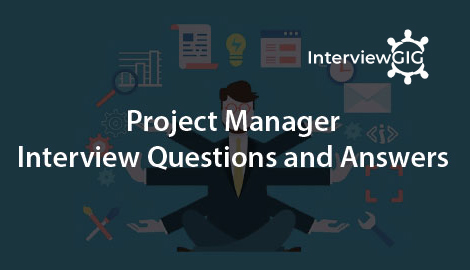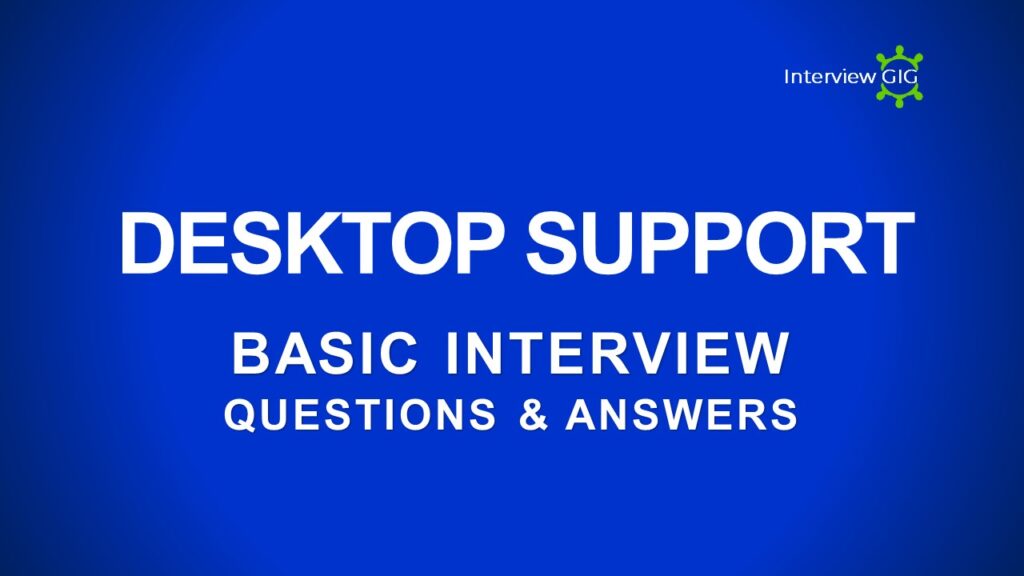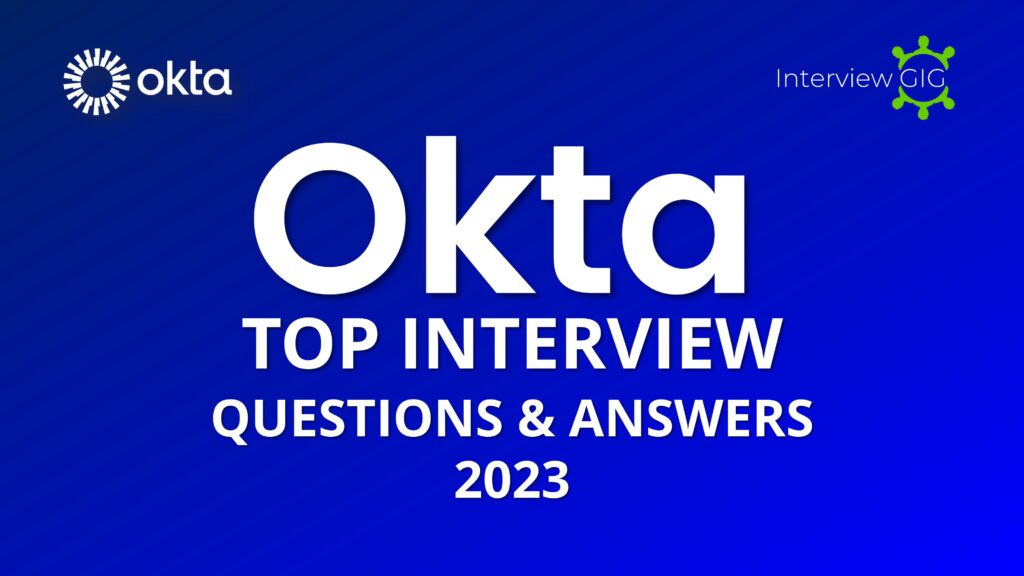Project Coordinator Interview Questions
Landing a Project Coordinator job requires more than just saying you’re organized. Interviewers want to see tangible examples of your skills in action. This post is designed to equip you with the knowledge and confidence to ace your upcoming interview. We’ll delve into key questions you’re likely to face, providing you with strong answer frameworks and essential tips to highlight your abilities in planning, communication, and problem-solving – all crucial for a successful Project Coordinator. Let’s get you interview-ready!
Question: Can you introduce yourself and share a bit about your strengths and weaknesses?
Tip: Be concise and focus on strengths that are relevant to the role. When discussing weaknesses, choose one that you are actively working to improve.
Answer: “Certainly! I’m [Your Name], and I’ve been working in project support roles for [Number] years, primarily focusing on [Mention relevant industries or project types]. I’m very detail-oriented and organized, which I find really helps in keeping projects on track. I’d say one of my strengths is my ability to communicate clearly and proactively with different team members to make sure everyone is aligned. As for a weakness, sometimes I can get a little too focused on the small details and need to remind myself to step back and see the bigger picture, but I’m actively working on balancing that.”
Question: Can you describe a group project or academic work where you played a key role?
Tip:
Choose a project that showcases your leadership and teamwork skills. Be specific about your contributions and the outcome.
Answer:
In my final year at university, I was part of a team project to develop a marketing plan for a local business. I took the lead in coordinating our meetings, setting deadlines, and ensuring everyone was on track. My organizational skills helped us stay focused, and we successfully presented a comprehensive plan that the business owner implemented.
Question: What interests you in this role, and why do you want to work with our company?
Tip: Connect your skills with the company’s values and mission. Make it about them as much as you.
Answer:
“What really attracts me to this Project Coordinator role is the opportunity to be at the heart of project execution. I enjoy the structured environment and the chance to support teams in achieving their goals. Regarding your company, I’ve been impressed by [Mention something specific – e.g., your innovative work in X industry, your company culture from what you’ve read, a recent project they did]. It seems like a place where collaboration and making a real impact are valued, and that’s exactly the kind of environment I thrive in.”
Question: What do you understand about the role of a Project Coordinator?
Tip: Demonstrate your understanding of the role by mentioning key responsibilities and how they contribute to project success.
Answer: “From my understanding, a Project Coordinator is essential for keeping projects running smoothly. It’s about supporting the Project Manager by handling the administrative tasks, tracking progress, managing documentation, facilitating communication between team members, scheduling meetings, and generally ensuring everyone has the resources and information they need to do their jobs effectively. It’s a very hands-on role in project delivery.”
Question: What project management methodologies are you familiar with, such as Agile or Waterfall?
Tip: Mention any specific experiences you have with these methodologies, as it shows practical knowledge.
Answer: “Yes, I am familiar with both Agile and Waterfall methodologies. I understand Waterfall as a more linear, sequential approach where each phase is completed before moving to the next – it’s very structured and planned upfront. Agile, on the other hand, I know is more iterative and flexible, allowing for changes and adaptations throughout the project lifecycle, often used in sprints. I’ve had some exposure to working in environments that incorporated elements of both, and I appreciate the value each brings depending on the project’s nature.”
Question: How Do You Define Success in a Professional Setting?
Tip: Success isn’t just about results—mention teamwork, growth, or impact.
Answer:
“Success isn’t just about hitting deadlines; it’s about delivering quality work while ensuring collaboration and growth. When a project runs smoothly, the team feels valued, and clients are happy—that’s success to me.”
Question: What skills do you bring to this role, and how do you handle challenges you’re unfamiliar with?
Tip:
Highlight specific skills relevant to the role and demonstrate your willingness to learn and adapt when faced with new challenges.
Answer:
I bring strong organizational skills, effective communication, and a proactive approach to problem-solving. When faced with unfamiliar challenges, I first take the time to research and gather information. I also reach out to colleagues or mentors for insights, ensuring I have a well-rounded understanding before taking action.
Question: Tell me about a time you made a mistake—how did you handle it?
Tip: Show accountability, problem-solving, and growth.
Answer:
“In a previous role, I miscommunicated a deadline, causing a slight delay in deliverables. As soon as I realized the mistake, I owned up to it, informed the team, and worked extra hours to make up for lost time. Since then, I double-check deadlines and clarify expectations upfront to avoid miscommunication.”
Question: How do you prioritize tasks when you have multiple deadlines?
Tip: Show a structured approach using prioritization techniques.
Answer: “I prioritize by listing tasks and categorizing them by urgency and importance. Using task management tools, I track progress and communicate proactively about potential conflicts with my manager. This systematic and communicative approach ensures I effectively manage multiple deadlines, keeping projects on track even with competing demands.”
Question: Have you ever worked with a difficult team member? How did you handle it?
Tip:
Focus on your communication and conflict-resolution skills. Highlight how you approached the situation constructively and the positive outcome that resulted.
Answer:
Yes, I once worked with a team member who was resistant to feedback and often missed deadlines. I approached them privately to discuss my concerns and listened to their perspective. By understanding their challenges, we were able to find common ground and establish clearer communication. This improved our collaboration and helped us meet our project goals.
Question: How do you stay organized while managing multiple responsibilities?
Tip: Highlight time management and prioritization strategies.
Answer:
I stay organized by using a combination of digital tools and traditional methods. I rely on task management software like Trello to keep track of deadlines and priorities. I also maintain a daily planner to jot down tasks and set aside specific time blocks for focused work. Regularly reviewing my to-do list helps me stay on top of my responsibilities.
Question: What steps would you take if a project is not going as planned?
Tip: Show problem-solving skills and adaptability.
Answer: “First, I’d proactively identify the deviation from the plan by monitoring progress and key metrics. Then, I’d communicate this immediately to the Project Manager and relevant team members. Next, I’d collaboratively analyze the root cause and brainstorm potential solutions. Finally, I’d help implement the agreed-upon corrective actions and closely monitor the project’s progress against the revised plan.”
Question: Are you comfortable working in a fast-paced environment?
Tip:
Express enthusiasm for fast-paced work and provide examples of past experiences where you successfully managed multiple tasks under pressure.
Answer:
Yes, I thrive in fast-paced environments. I enjoy the energy and the opportunity to tackle new challenges quickly. I find that my organizational skills and ability to prioritize tasks help me stay focused and productive, even when things get hectic. I also appreciate the chance to collaborate with diverse teams and learn from different perspectives.
Question: How would you handle feedback or criticism from a manager or senior team member?
Tip: Show enthusiasm and ability to adapt under pressure.
Answer: “I welcome feedback as a valuable opportunity for growth and improvement. I would listen attentively, ensuring I fully understand the feedback. I’d ask clarifying questions if needed. I would take the feedback constructively, reflecting on it and identifying actionable steps to improve my performance. I believe feedback is essential for professional development.”
Question: Have you used any project management tools, like Microsoft Project, Trello, or Asana?
Tip: Mention tools you’ve used and their impact.
Answer: “Yes, I have experience with [Mention specific tools you have used, e.g., Trello and Asana]. I used Trello for task management and workflow visualization in [mention context]. I also utilized Asana for [mention context and specific features like team collaboration and progress tracking]. I am comfortable learning new tools quickly and understand the importance of project management software for efficient team coordination and project tracking.”
Question: How do you communicate with team members to ensure everyone stays aligned?
Tip: Emphasize regular check-ins and clear channels of communication.
Sample Answer:
“I keep everyone aligned by scheduling regular briefings, using tools like Slack or Teams for real-time updates, and maintaining a shared project dashboard. This ensures that everyone knows the current status and any changes immediately.”
Question: Can you describe a time you had to coordinate between different teams or individuals?
Tip:
Choose a specific example that showcases your coordination skills. Highlight your role in facilitating communication and the positive outcome of the collaboration.
Answer:
In my previous internship, I was tasked with coordinating a project that involved both the marketing and design teams. I organized a kickoff meeting to align everyone on the project goals and timelines. Throughout the project, I facilitated communication between the teams, ensuring that design feedback was incorporated into marketing materials. This collaboration resulted in a successful campaign that met our deadlines and exceeded expectations.
Question: What motivates you to work in project coordination, even without prior experience?
Tip:
Express your enthusiasm for the role and highlight transferable skills from past experiences, even if they are not directly related to project coordination.
Answer: “I’m drawn to project coordination because I genuinely enjoy bringing order and structure to complex tasks and helping teams achieve their goals efficiently. Even though I may be newer to the title, I’ve consistently sought roles where I can utilize my organizational and communication strengths – like in [Mention relevant experiences, e.g., previous support roles, volunteer work, academic projects]. I’m eager to apply these skills specifically to project environments, and I am a fast learner, ready to quickly grasp the project coordination specifics.”
Question: Why did you choose to apply for this position, and what do you hope to gain from it?
Tip:
Show genuine interest in the company and the role. Be specific about what you hope to learn and how it aligns with your career goals.
Answer:
I applied for this position because I admire your company’s commitment to innovation and teamwork. I believe this role will allow me to develop my project management skills while contributing to meaningful projects. I hope to gain hands-on experience in coordinating projects and learn from experienced professionals in the field, which will help me grow in my career.
Question: Where do you see yourself in the next few years, and how does this role fit into your career plans?
Tip: Show how this role fits into your long-term career vision.
Answer: “In the next few years, I see myself growing into a more senior project management role, potentially progressing to Project Manager. This Project Coordinator position is crucial for that trajectory. I view it as an ideal opportunity to build a strong foundation in project execution, learn from experienced project managers at [Company Name], and develop a deep understanding of your project methodologies and industry. I am committed to long-term growth within project management, and this role is the perfect launching point.”
Excelling in a project coordinator interview requires showcasing your organizational abilities, interpersonal skills, and your capacity to manage multiple priorities effectively. By preparing thoughtful answers to common and situational questions—and supporting them with real examples—you can demonstrate your readiness to contribute to successful project outcomes. Remember, strong communication, proactive problem-solving, and adaptability are key traits that employers seek. With thorough preparation and a clear understanding of the role, you will be well-positioned to impress your interviewers and secure your next project coordinator position.





